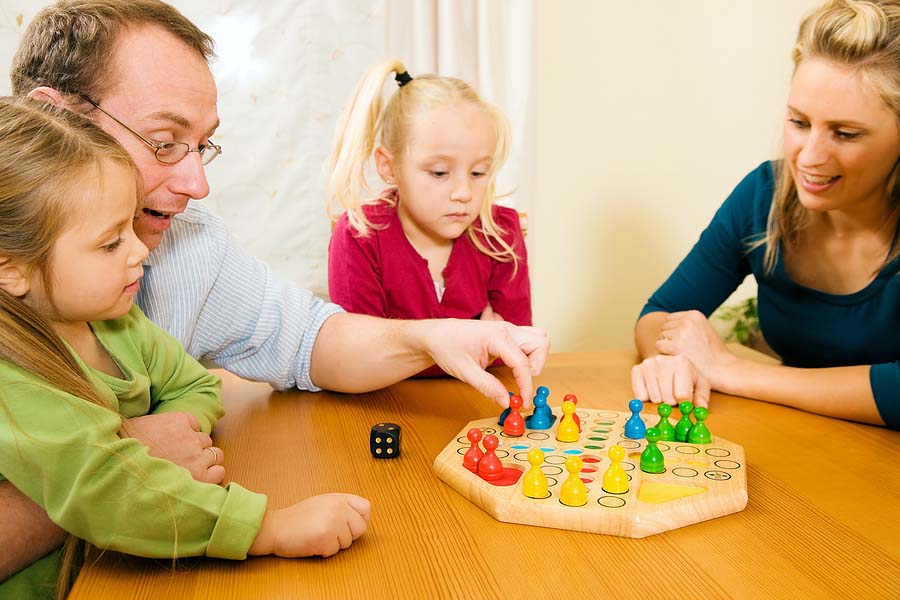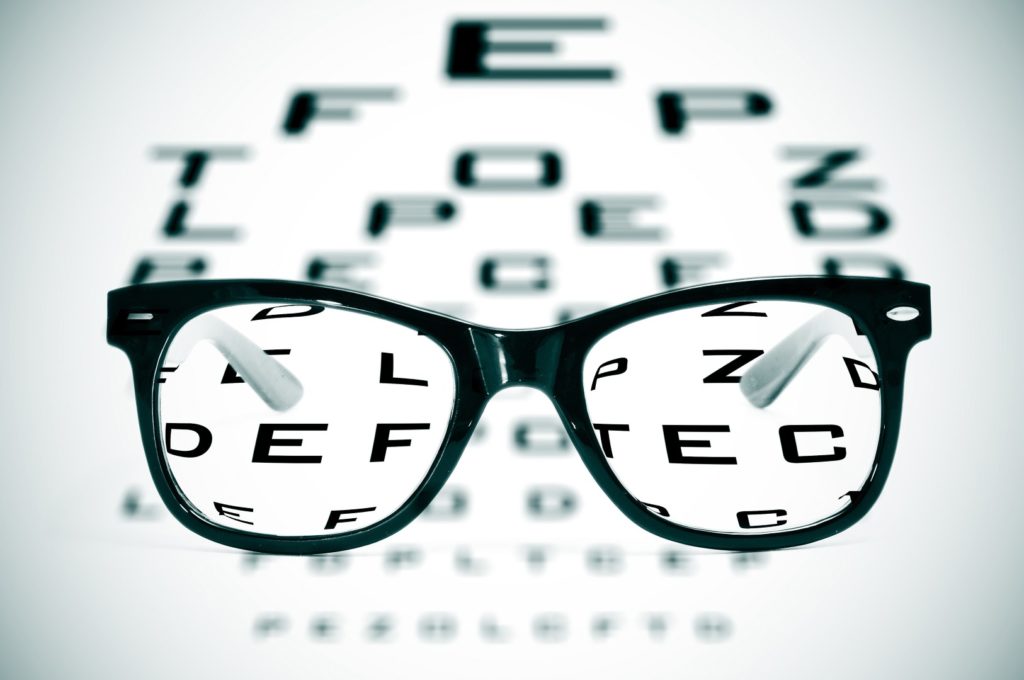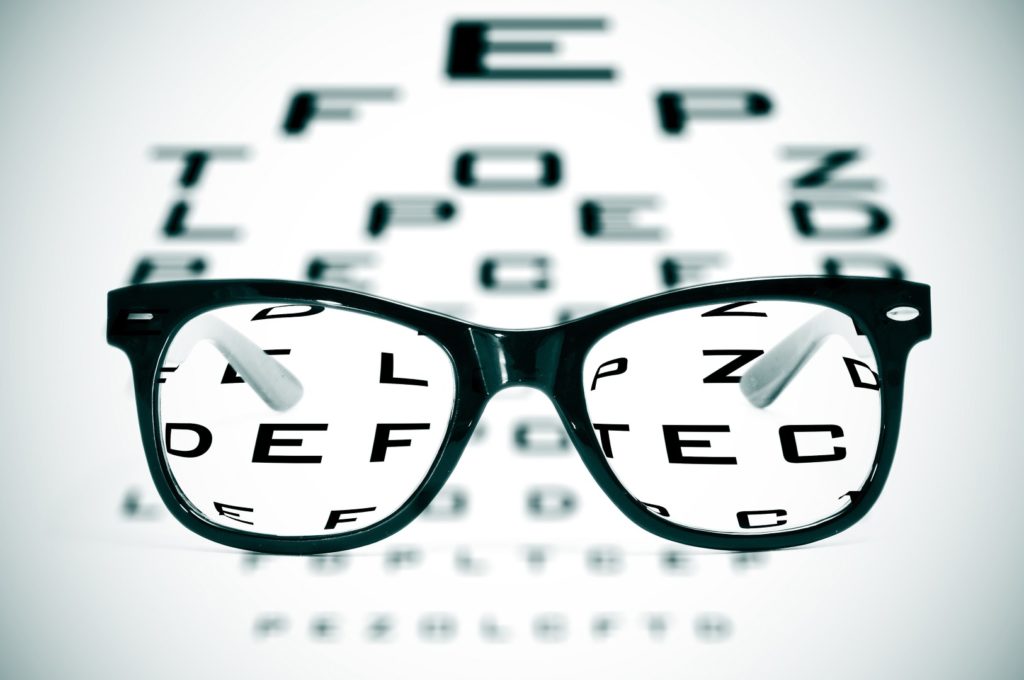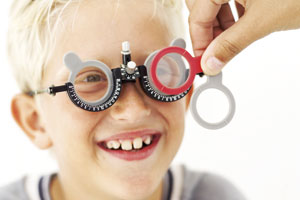What does (s) he understand?
- His or her complexity of understanding keeps extending. He / She now understands simple WHO? WHAT? And WHERE? Questions and hears you when you call from another room.
- This is the crucial age where hearing difficulties may become evident. If you are in a doubt of his/her hearing, it’s wise to consult an audiologist.
 What does (s) he speak?
What does (s) he speak?
- (S)he talks about many things to you, what happened in preschools, what type of play they did, how is teacher to him/her, what are his/her friends, what funny, and new (s)he experiences, and also his imaginations.
- His/her sentences are becoming longer and longer as (s) he combines four, five or more words. His /her speech is usually clear and fluent and easily understood by the strangers most of the time.
- They become very loud and unstoppable.
How can I help my child?
- Mix categories e.g. mix animals with picture of baby, cookies, ice cream. And make the child to sort them out and show what doesn’t belong to the category. Tell him/her that he is correct baby doesn’t belong to cat, dog, category because baby is not an animal.
- Draw, glue a car without wheels, favorite cartoon with a mistake, glue a dog in driving seat and talk about how silly the pictures and encourage him/her to talk about what is missing, and what is correct.
- Act out typical scenarios with the child like going to doctor with the pet, teacher and student, acting like the mother at home, cooking food, making baby dress up, superman. Allow her/him to guide you in acting. Be the student and let your child teach a lesson. Ask the child questions; make him repeat if you have not understood completely.
- Expand the child’s vocabulary by acting, storytelling, singing, filling the blanks. Talk about new games, new ideas you and your child can do and have fun.

- Find out a simple and interesting story book read line by line, ask simple WH questions (what, Where, Who, Why).Talk about favorite part in the story, in the cartoon. This is the best time to talk about favorite things with the child talk about his/her favorite game, food, rhymes and tell him/her also your choices.
- Bring your family album to the bed. Talk about the photo and ask the child can you remember this photo. Help him to explain what happened.
- Do silly mistakes in game, apologize for your mistakes, and ask his/her help to play correctly.


 Children are not immune to forces that have driven many adults toward healthy lifestyles and spa and wellness therapies. They too are living in an electronic-gadget-obsessed world, crouching over devices, as they’re fed information and images at incredible speed. Children spend more time than ever hunched over glowing screens.
Children are not immune to forces that have driven many adults toward healthy lifestyles and spa and wellness therapies. They too are living in an electronic-gadget-obsessed world, crouching over devices, as they’re fed information and images at incredible speed. Children spend more time than ever hunched over glowing screens.

 Watch for signals of eye problems– Parents should be alert to symptoms that could indicate an eye or vision problem, such as complaints of eyestrain, headaches and squinting when reading or performing other common activities like regular rubbing of the eye etc. Other symptoms to look for include a white or grayish-white coloring in the pupil, one eye that turns in or out, or eyes that do not track in sync together.
Watch for signals of eye problems– Parents should be alert to symptoms that could indicate an eye or vision problem, such as complaints of eyestrain, headaches and squinting when reading or performing other common activities like regular rubbing of the eye etc. Other symptoms to look for include a white or grayish-white coloring in the pupil, one eye that turns in or out, or eyes that do not track in sync together. For school-age children, a vision screening, which is less comprehensive than a dilated eye examination by an ophthalmologist,can be performed by a pediatrician, family physician, nurse or trained technician during regular checkups. If the screening detects a problem, the child may need to see an ophthalmologist — an eye physician and surgeon.
For school-age children, a vision screening, which is less comprehensive than a dilated eye examination by an ophthalmologist,can be performed by a pediatrician, family physician, nurse or trained technician during regular checkups. If the screening detects a problem, the child may need to see an ophthalmologist — an eye physician and surgeon. Beware of television on hand held devices– It is now becoming more and more common for children to suffer from eye strain after staring at screens for hours and hours. This is sometimes known as computer vision syndrome. Watch out for dry, red and sore eyes. Sometimes, children may experience blurry vision and have problems with words moving on the screen because their eyes are not properly aligned. You can avoid eye problems setting in at an early age by making sure that sessions involving near screen work are limited to 30 minutes a time. Make sure that there are plenty of breaks and that outdoor activity is not neglected.
Beware of television on hand held devices– It is now becoming more and more common for children to suffer from eye strain after staring at screens for hours and hours. This is sometimes known as computer vision syndrome. Watch out for dry, red and sore eyes. Sometimes, children may experience blurry vision and have problems with words moving on the screen because their eyes are not properly aligned. You can avoid eye problems setting in at an early age by making sure that sessions involving near screen work are limited to 30 minutes a time. Make sure that there are plenty of breaks and that outdoor activity is not neglected.